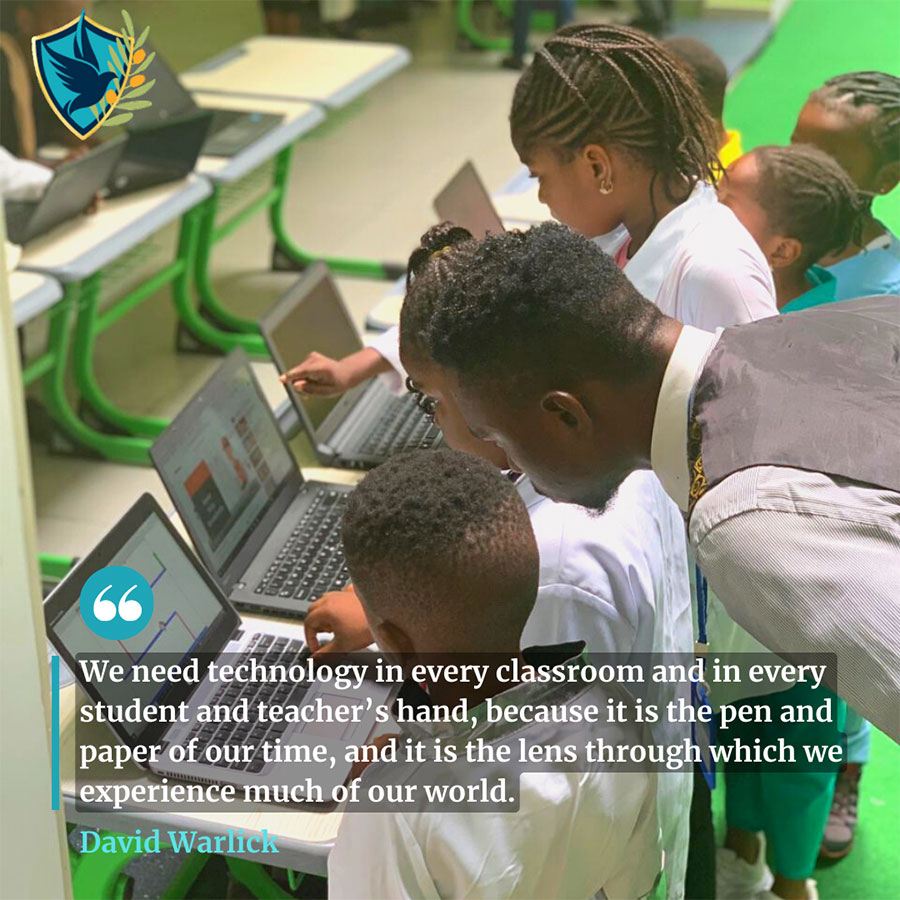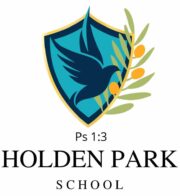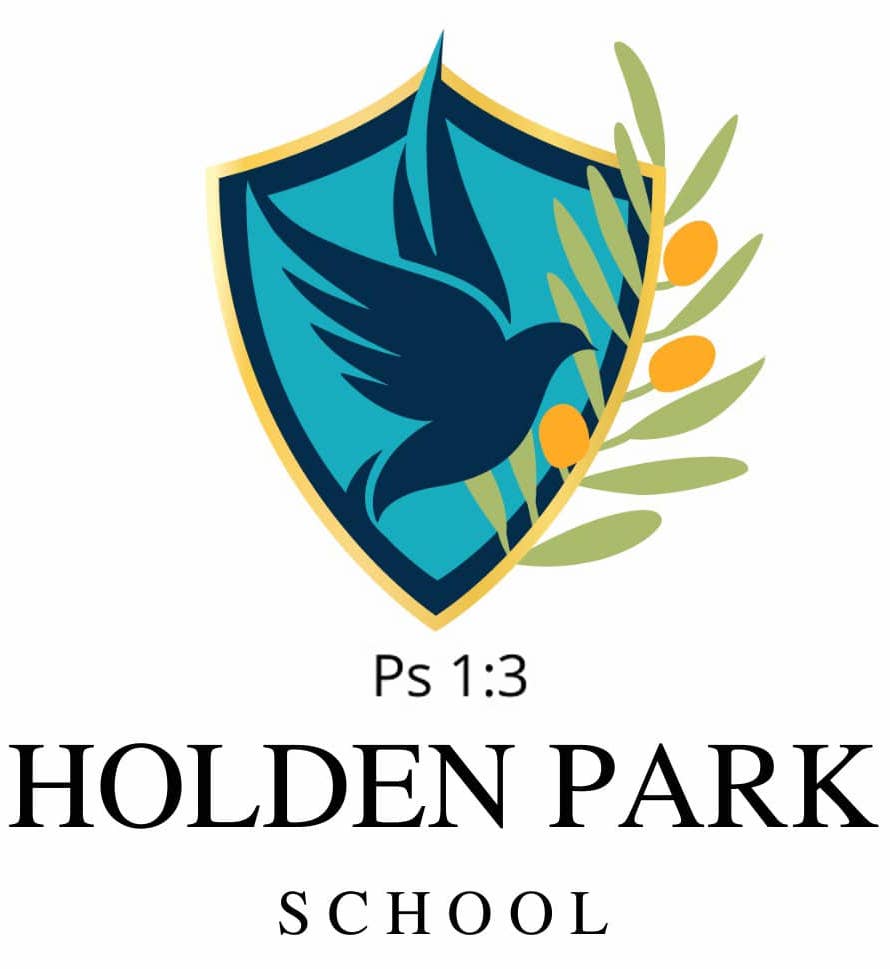Information and Communications Technology (ICT)
May 30, 2023 2023-05-30 12:33Information and Communications Technology (ICT)

We live in a digital age and technology plays a prominent role in our everyday life for the majority of us. Holden Park believes children need to be equipped in this rapidly changing world where technology is increasingly transforming the world. For this reason, ‘Computational thinking’- ICT and Computing in the National Curriculum 2014 will be taught to all learners. ICT/Computing allows pupils to discover how computer technology works, to take a look at what goes on “behind the scenes” and to program. ICT/Computing also develops imaginative, innovative thinking, creativity & independence.
Our ICT & computing curriculum aims at helping learners to:
- develop and stimulate learners’ curiosity, interest, and enjoyment in the study of ICT & Computing
- ensure our students have access to a broad and balanced curriculum
- develop students’ knowledge, understanding and capabilities in a range of ICT/Computing skills
- allow students to develop the needed skills that will enhance and support study in other curriculum areas and which can be useful in everyday life
- encourage students to recognise the value and responsible use of ICT/Computing in society
- encourage students to develop an understanding of the wider applications and effects of ICT and Computing
- encourage students to solve problems through the use of computational thinking systems and associated principles and techniques
- encourage a dynamic relationship between our school, learners and parents, to develop a positive attitude to technology both at home and in school
- provide a safe and secure learning environment which is both stimulating and challenging for all learners.
Key Stage 3
At KS3 Computer Science is taught as a discrete subject. Schemes of work cover a range of topics that will develop students’ ability to use their Computing skills in a variety of different contexts to solve problems.
The curriculum will cover 3 key areas;
- Computer Science – involves learning about how computers work, learning textual and object-oriented programming and understanding data structures and algorithms.
- Information Technology – pupils’ will be taught a range of skills in software applications and they will learn how to effectively find, use, evaluate, create, and communicate information using a range of digital technologies. They will also be taught how to use technology safely and responsibly.
- Digital Literacy – Pupils will be exposed to a range of ways to use technology safely, respectfully, responsibly and securely, including protecting their online identity and privacy; recognise inappropriate content, contact and conduct and know how to report concerns.
Key Stage 4
Learners will follow the IGCSE syllabus in ICT or Computer Science. Our syllabus encourages learners to develop lifelong skills, which will be useful to them in their work across the curriculum and prepare them for future employment. They will develop understanding of the implications of technology in society, including social, economic and ethical uses and awareness of the ways ICT can help in home, learning and work environments.
The syllabus combines theoretical and practical studies focusing on the ability to use common software applications to solve problems, including word processors, spreadsheets, databases, interactive presentation software, web browsers and website design. Learners will analyse, design, implement, test and evaluate ICT systems, to ensure that they are fit for purpose.
Assessment of the practical tests is hardware and software independent. Any hardware platform, operating system, and applications packages can be used, providing that learners have the opportunity to demonstrate the full range of skills in the syllabus.
Educational visits and extracurricular activity:
Students are exposed through educational visits to local and international ICT hubs to further equip and to develop their interest in the subject.
Coding/Robotics Club.
We have Coding/Robotics club which will be available at after school time for students to build on and enhance their knowledge in the areas of Artificial intelligence, virtual reality, augmented reality, 3D design/printing and computer simulation skills.
Microsoft Office Specialist Certification Training: (for students)
The MOS certification is for those looking to demonstrate proficiency in one or more Office programs. This productivity certification is for those looking to use Microsoft Office and deploy Microsoft Office cloud and hybrid solutions; differentiate themselves with this competency as a proven expert in Office skills.
Fun STEM Fair
An annual opportunity for students at all levels to engage hands-on ICT based projects and quizzes, to challenge their ability to apply their ICT skills . The fair will feature activities from Art, Maths, Design and Technology, and Science
Rooms and resources
Holden Park has a well-equipped ICT Suite comprising of Desktops, Smart TVF, iPad, programming kits, digital cameras, laser printers, scanners, DVD and audio equipment.



